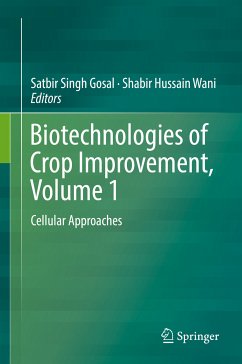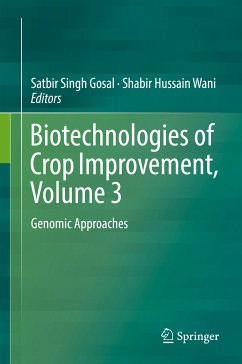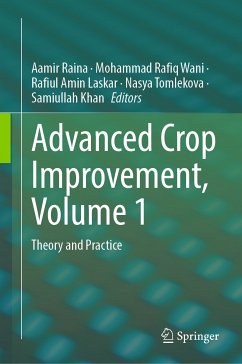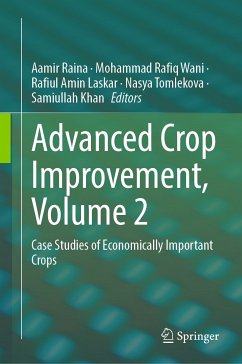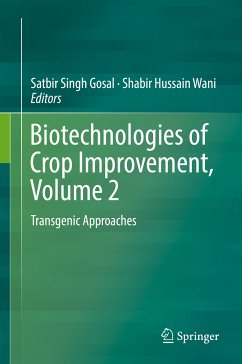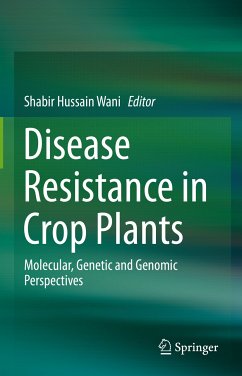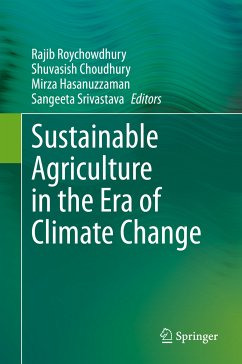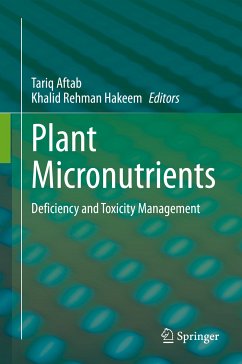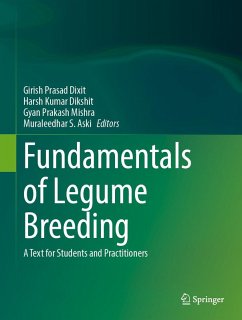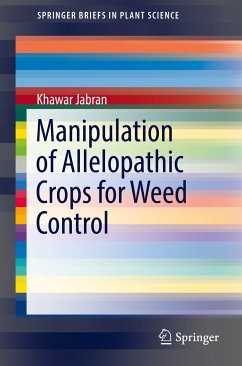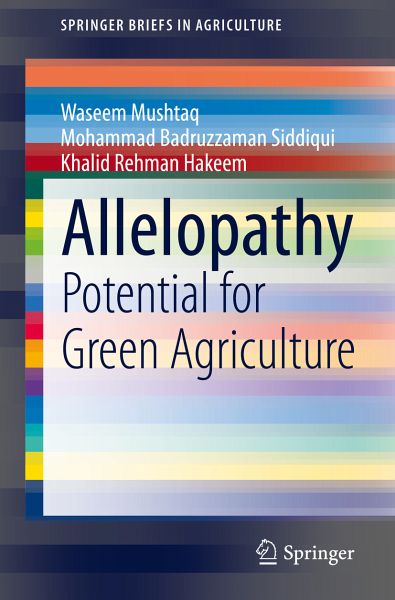
Allelopathy (eBook, PDF)
Potential for Green Agriculture
Versandkostenfrei!
Sofort per Download lieferbar
40,95 €
inkl. MwSt.
Weitere Ausgaben:

PAYBACK Punkte
20 °P sammeln!
Allelopathic studies may be defined in various aspects; weed against weed/crop and vice versa. This book focuses on the ways to utilize the allelopathic potential of weeds or crops for controlling weeds in the agroecosystems. Vigorous use of herbicides is poisoning our environment at an alarming rate; allelopathy can be employed as a useful alternative to control weeds naturally under field conditions. The book contains chapters on the history of allelopathy; allelopathic potential of several important crops (rice, wheat, sorghum, maize, mustard, sunflower) and weeds (members of Solanaceae, Co...
Allelopathic studies may be defined in various aspects; weed against weed/crop and vice versa. This book focuses on the ways to utilize the allelopathic potential of weeds or crops for controlling weeds in the agroecosystems. Vigorous use of herbicides is poisoning our environment at an alarming rate; allelopathy can be employed as a useful alternative to control weeds naturally under field conditions. The book contains chapters on the history of allelopathy; allelopathic potential of several important crops (rice, wheat, sorghum, maize, mustard, sunflower) and weeds (members of Solanaceae, Convolvulaceae, Asteraceae, Verbenaceae). Moreover, it highlights how the allelopathic potential of these weeds and crops can be employed effectively to suppress weeds under field conditions. The book also discusses topics on the role of allelochemicals in agroecosystems; impact on local flora; biotic stress induced by allelochemicals; mechanism of action of allelochemicals and future prospectiveof allelopathy. Prepared with basic concepts and importance of allelopathy, this book is intended for the agricultural community, botanists, students and researchers.
Dieser Download kann aus rechtlichen Gründen nur mit Rechnungsadresse in A, B, BG, CY, CZ, D, DK, EW, E, FIN, F, GR, HR, H, IRL, I, LT, L, LR, M, NL, PL, P, R, S, SLO, SK ausgeliefert werden.
Alle Preise in Euro und inkl. der gesetzl. MwSt. | Innerhalb Deutschlands liefern wir preisgebundene Bücher versandkostenfrei. Weitere Informationen: bitte hier klicken
Support
Bitte wähle dein Anliegen aus:
Rechnungen
Bestellstatus
Retourenschein
Storno



